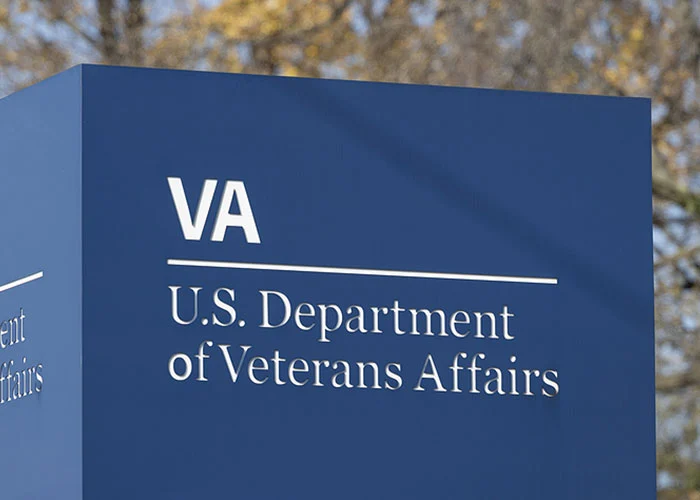Will the VA shutdown adjudications during a government shutdown?
No. During a government shutdown, the Department of Veterans Affairs (VA) and the Board of Veterans’ Appeals (BVA) continue to process disability claims and appeals
Will disability compensation or pension payments be stopped during a shutdown?
No. Core veteran benefits and services are protected due to advance appropriations
Laws controlling government shutdowns
- The Antideficiency Act – (31 U.S.C. §§ 1341-42) is the foundational law that forces a government shutdown. It prohibits federal agencies from spending or obligating money before an appropriation is made by Congress.
- Non-essential functions – If Congress fails to pass appropriations bills or a temporary “continuing resolution” by the start of the fiscal year (October 1), agencies must cease non-essential functions.
- Excepted Activities – The Act makes exceptions for “excepted activities” that continue during a funding lapse. These are functions deemed necessary for the safety of human life or the protection of property.
- Continuing resolution – Temporary patch/fix allowing funding to continue
- Advanced Appropriations Laws Exception – funding is provided a full fiscal year in advance, securing VA operations even if Congress misses a budget deadline.
- § Veterans Health Administration (VHA): Since the Consolidated Appropriations Act of 2011 (P.L. 111-81), the VHA has received advance appropriations for medical care.
- § Veterans Benefits Administration (VBA): Following the 2013 shutdown, Congress also authorized advance appropriations for the VBA’s mandatory entitlement programs, including disability compensation and pensions
Advanced Appropriations and exceptions to the Antideficiency Act largely protect the VA job functions.
- Funded by advance appropriations: The majority of VA staff, including those in the VHA and those processing core benefits, are exempt from furloughs because their funding is already in place for the year.
- Excepted employees: Some VA employees whose work is not covered by advance funding are still considered “excepted” if their functions are essential for protecting life or property. These staff continue working without pay until funding is restored, but still receive back pay.
- Non-essential services: Some VA services that are not directly related to core benefits and healthcare may still be curtailed during a shutdown, such as some in-person services at regional offices.




